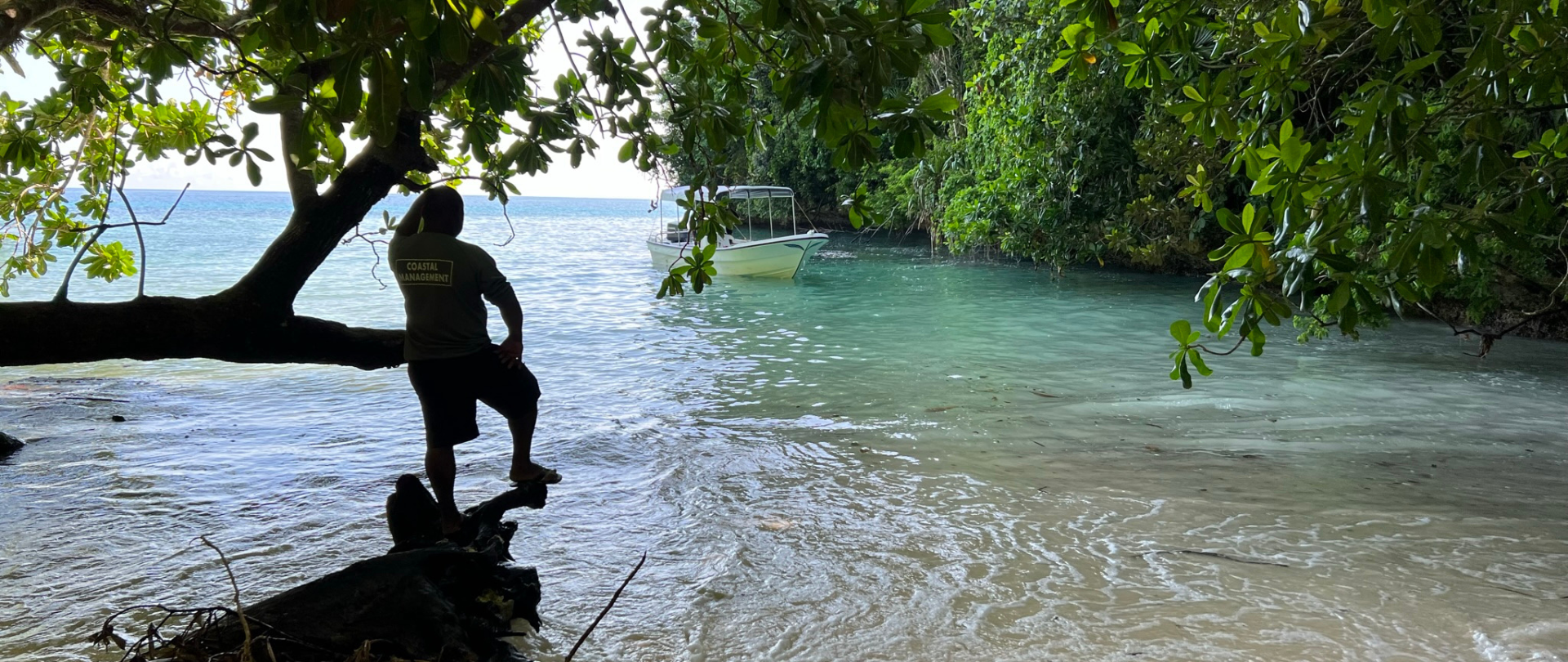October 29, 2025
Data Shows Endangered Palau Ground Doves Swiftly Recovering After Successful Palauan Island Conservation Effort
Astounding evidence of recovery on Ulong Island in Palau after just one year!
Published on
December 22, 2016
Written by
Emily Heber
Photo credit
Emily Heber

There were once fewer than 20 Blue Iguanas (Cyclura lewisi) in the world, but the Bronx Zoo in conjunction with National Trust for the Cayman Islands Blue Iguana Recovery Programme, the Cayman Islands Department of the Environment, and the IUCN Iguana Specialist Group have made huge progress towards saving the species from the brink of extinction.

In a program that started over 15 years ago, the Bronx Zoo and their Zoological Health Program have aided partners in the Cayman Islands in a captive breeding program for the iconic island species. The program has employed captive breeding and incubating both wild and captive laid eggs to avoid predation before their return to the wild. Dr. Paul Calle, Vice President for Health Programs, Chief Veterinarian and Director of Zoological Health Program commented:
Although many people have never heard of a Blue Iguana, the animals at the Bronx Zoo will help us tell the story of their species – a wonderful story of conservation success…Blue Iguanas were functionally extinct just a few years ago and would not exist on this planet today if it were not for the collaboration and intervention of these groups.
The recovery effort has made tremendous strides, with almost 1,000 iguanas released since its start and production of data that shows higher survival rates and breeding success in the wild. This effort has resulted in the down listing of the species from Critically Endangered to Endangered.
Blue Iguanas are named for the blue coloration of their skin. They are found only on the island of Grand Cayman. The species is the largest native animal on the island, weighing up to 30lbs and measuring five feet in length. This conservation program has helped to protect them from threats such as feral dogs and cats, which prey on hatchling and juvenile Blue Iguanas on Grand Cayman Island.
To celebrate the program’s success, the Bronx Zoo will be opening a new exhibit featuring two young Blue Iguanas. The breeding program hopes the two will eventually breed, which would increase the genetic viability of the captive breeding program. The down-listing of the species is an incredible step, but there is still more work to do for this and other species.
Featured photo: Blue Iguana. Credit: Pete Markham
Source: abc7ny.com
Check out other journal entries we think you might be interested in.

October 29, 2025
Astounding evidence of recovery on Ulong Island in Palau after just one year!

May 19, 2025
Read our position paper on The 3rd United Nations Ocean Conference (UNOC 3) to see why we're attending and what we aim to accomplish!

December 4, 2024
Ann Singeo, founder of our partner organization the Ebiil Society, shares her vision for a thriving Palau and a flourishing world of indigenous science!

November 22, 2024
This historic agreement aims to protect the marine and coastal areas of the Southeast Pacific.

November 18, 2024
Our projects to restore key islets in Nukufetau Atoll forecast climate resilience and community benefits in Tuvalu!

October 3, 2024
Island Conservation and partners have published a new paper quantifying ecosystem resilience on restored islands!

September 10, 2024
Climate Week NYC: what is it and why is it important? Read on to find out why Island Conservation is attending this amazing event!

September 5, 2024
With sea levels on the rise, how are the coastlines of islands transforming? Read on to find out how dynamic islands really are!

December 14, 2023
Join us in celebrating the most amazing sights from around the world by checking out these fantastic conservation photos!

November 28, 2023
Rare will support the effort to restore island-ocean ecosystems by engaging the Coastal 500 network of local leaders in safeguarding biodiversity (Arlington, VA, USA) Today, international conservation organization Rare announced it has joined the Island-Ocean Connection Challenge (IOCC), a global effort to…